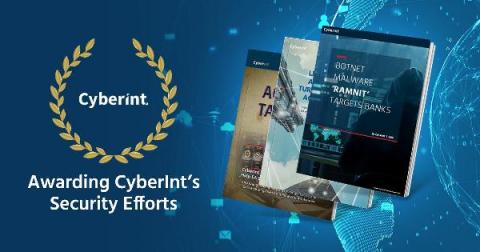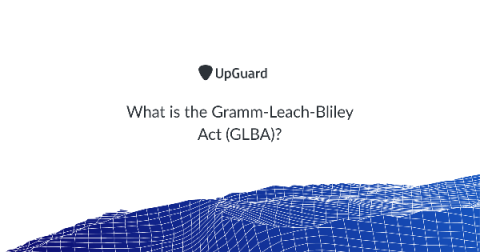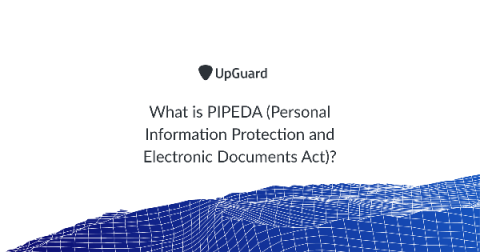Awarding CyberInt's Security Efforts
CyberInt researchers invest significant time and effort into researching and trying to mitigate the next cyber attack. In addition, breach reports that detail the mode of attack and how it was discovered are published freely with the aim of sharing the knowledge. While this is not the purpose behind our research, it is nice to be recognized. We have been amassing awards and recognition recently, and have been identified as a Top 100 MSSP (Managed Security Services Provider).









